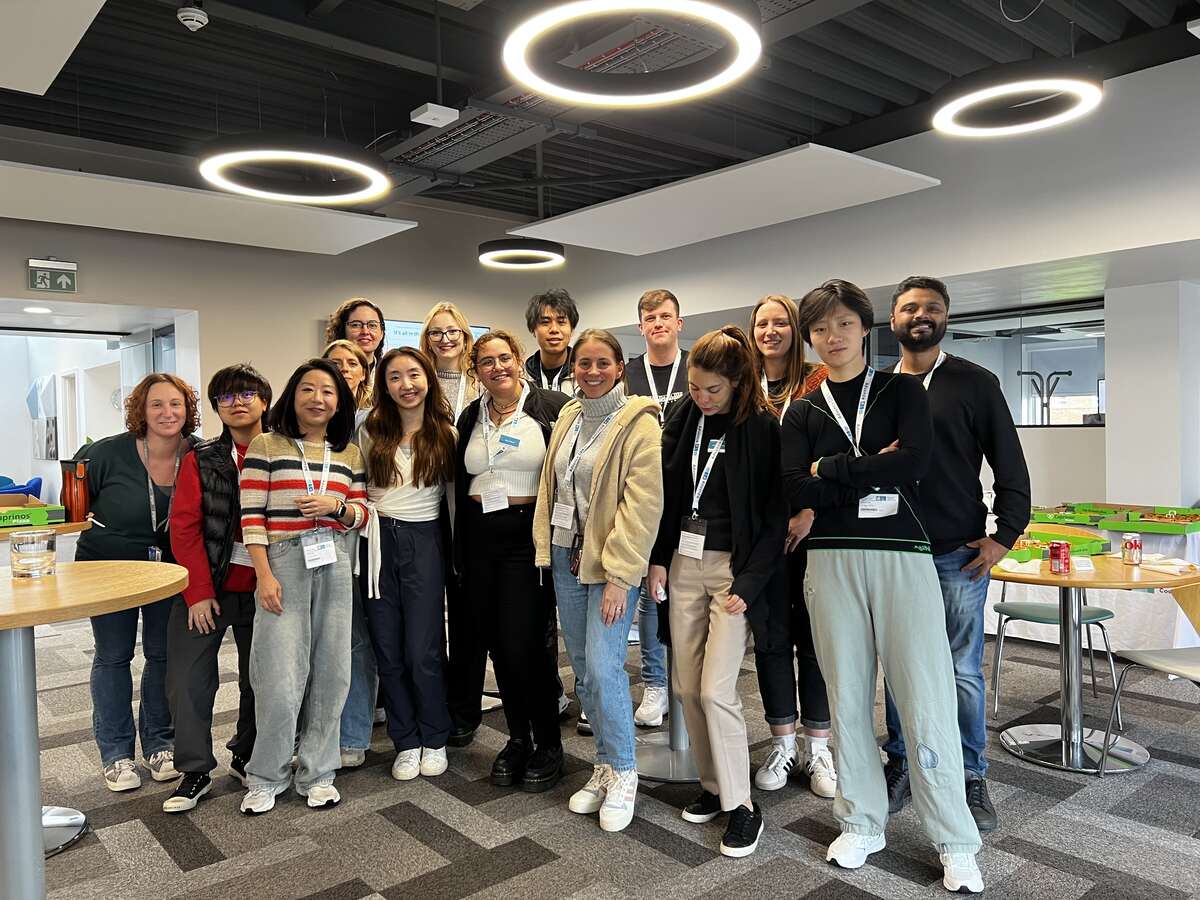The Mary Lyon Centre is part of a consortium led by Professor Matthew Wood at the University of Oxford that has just been awarded £8M in funding from the Nucleic Acid Therapy Accelerator (NATA), one of our neighbours on the Harwell Science and Innovation Campus.
Funded through NATA’s Delivery Challenge, the consortium is part of an overall £14M investment that NATA is making, with contributions from LifeArc, to overcome scientific challenges faced by the nucleic acid therapies field.
The Delivery Challenge seeks to develop novel methods to provide more effective targeting and delivery of oligonucleotides to the central nervous system, heart and muscle cells. These therapies have the potential to tackle rare and common diseases, including cancer, that arise in patients by allowing researchers to modify the expression of faulty genes that cause disease.
The consortium brings together a mix of leading academic and industrial partners, including University College London, the MRC Toxicology Unit at the University of Cambridge, the University of Massachusetts, King’s College London, the Rosalind Franklin Institute, the Karolinska Institute, AstraZeneca, Ionis and Silence Therapeutics – all focused on overcoming the current constraints of delivering nucleic acid therapies.
Professor Matthew Wood said: “This major award gives an outstanding international consortium the opportunity to focus on key scientific challenges in safely and specifically delivering nucleic acid therapeutics to diseased tissues. Our vision is to accelerate development of this field and bring about a transformation in the use of nucleic acid drugs to benefit patients affected by a wide range of rare and common diseases.”
Professor Nick Lench, NATA Executive Director, said: “We are thrilled to be working with the consortium led by the University of Oxford that brings together world renowned experts in the field of nucleic acid therapy. We have now funded two consortia that, over the next 3–4 years, will significantly advance the field of oligonucleotide synthesis and delivery; this represents an important milestone for the UK scientific community and NATA”.
NATA news story
University of Oxford news story
Rosalind Franklin Institute news story
Image credit: Research Complex at Harwell



